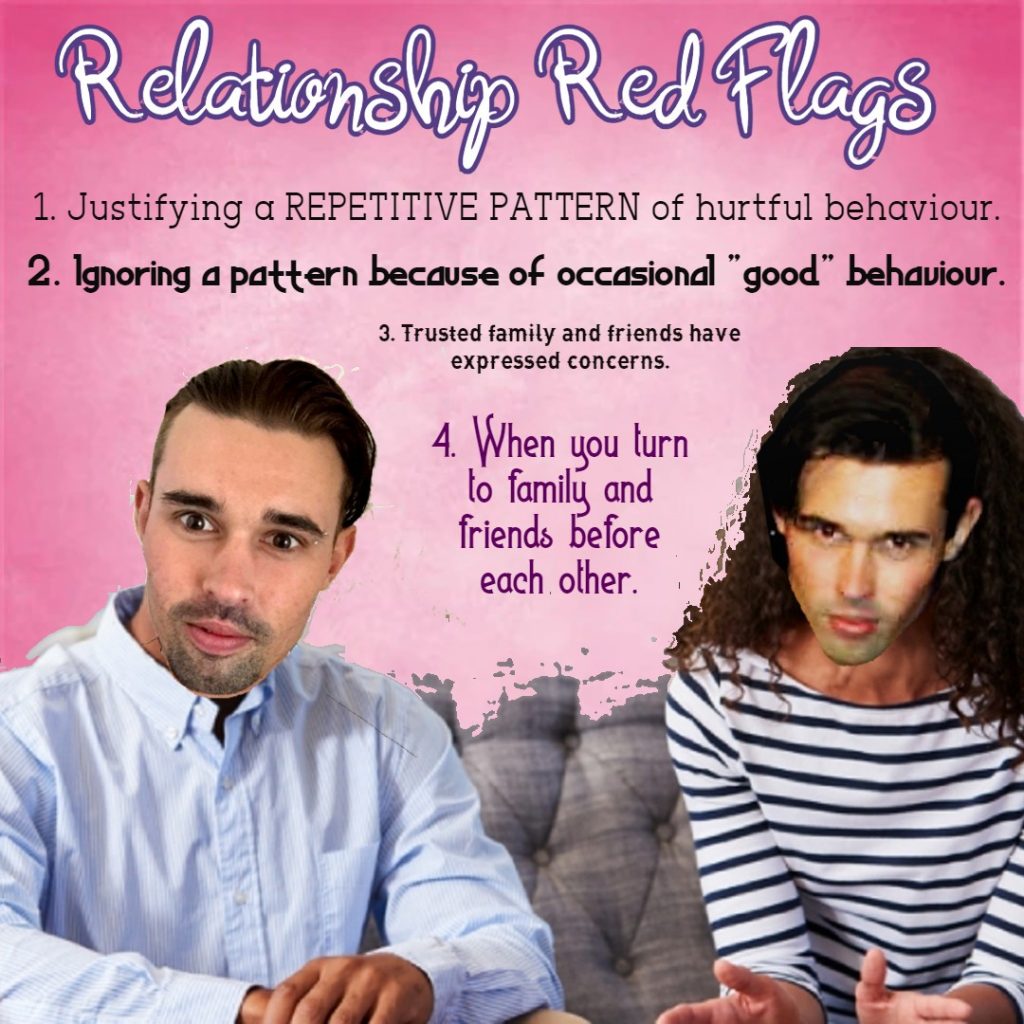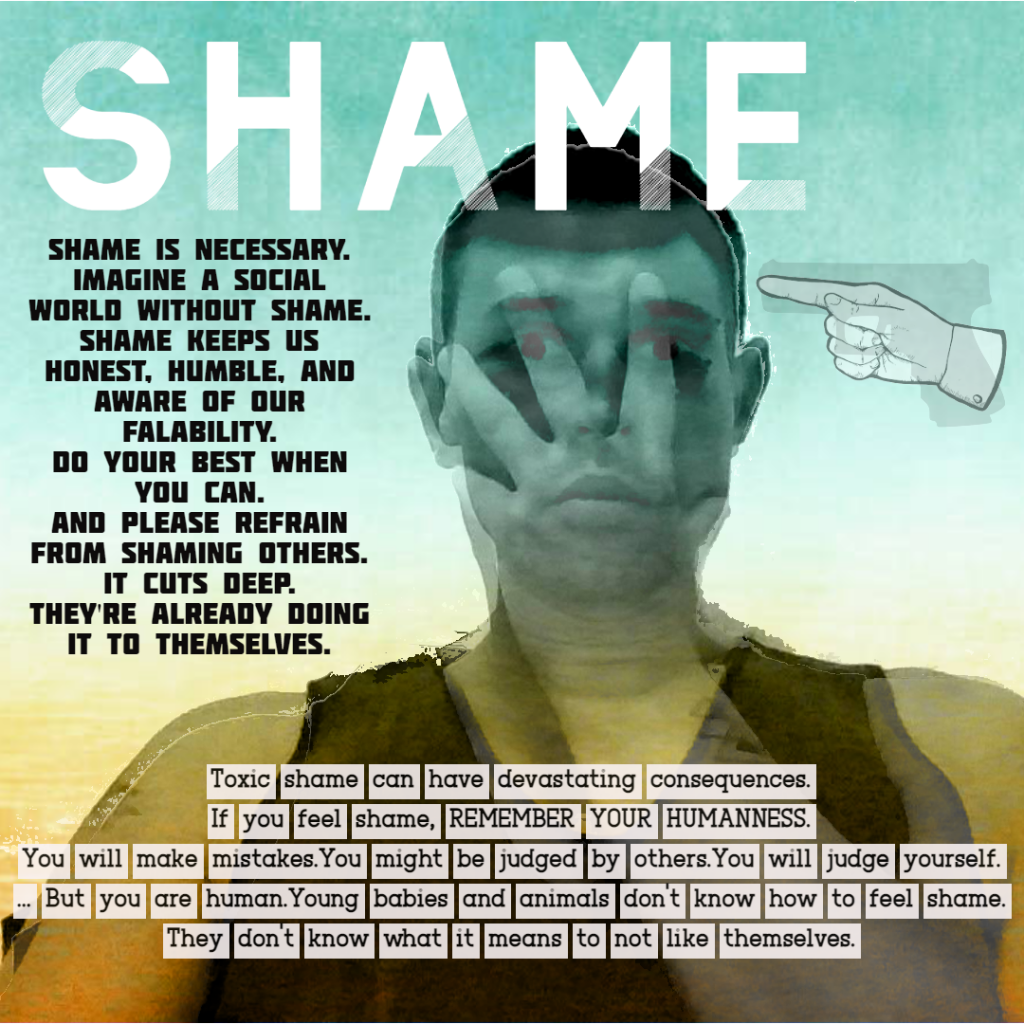
Domestic Violence line (24 hours) 1800 65 64 63
Domestic violence services and support contact list | Family & Community Services (nsw.gov.au)

Domestic Violence line (24 hours) 1800 65 64 63
Domestic violence services and support contact list | Family & Community Services (nsw.gov.au)
Think about what it means to be human. Yes, we have internalised toxic levels of pressure to be a certain way. We also know, as we mature, that being a certain way it complete bull shit and nonsense. I saw a quote once that said “Can you remember who you were, before the world told you who you should be?” -Charles Bukowski. I don’t know who this person is, but it’s the truth. Come home to yourself, and reach out for help from a professional if you need some support or help with that.

Projection: Attributing one’s unacceptable feelings or desires to someone else. For example, if a bully constantly ridicules a peer about insecurities, the bully might be projecting his own struggle with self-esteem onto the other person.
Denial: Refusing to recognize or acknowledge real facts or experiences that would lead to anxiety. For instance, someone with substance use disorder might not be able to clearly see his problem.
Repression: Blocking difficult thoughts from entering into consciousness, such as a trauma survivor shutting out a tragic experience.
Regression: Reverting to the behaviour or emotions of an earlier developmental stage.
Rationalization: Justifying a mistake or problematic feeling with seemingly logical reasons or explanations.
Displacement: Redirecting an emotional reaction from the rightful recipient to another person altogether. For example, if a manager screams at an employee, the employee doesn’t scream back—but the employee may yell at her partner later that night.
Reaction Formation: Behaving or expressing the opposite of one’s true feelings. For instance, a man who feels insecure about his masculinity might act overly aggressive.
Sublimation: Channelling sexual or unacceptable urges into a productive outlet, such as work or a hobby.
Intellectualization: Focusing on the intellectual rather than emotional consequences of a situation. For example, if a roommate unexpectedly moved out, the other person might conduct a detailed financial analysis rather than discussing their hurt feelings.
Compartmentalization: Separating components of one’s life into different categories to prevent conflicting emotions.